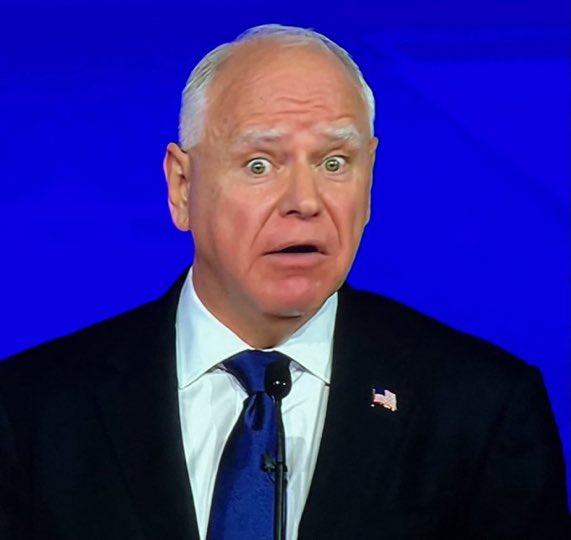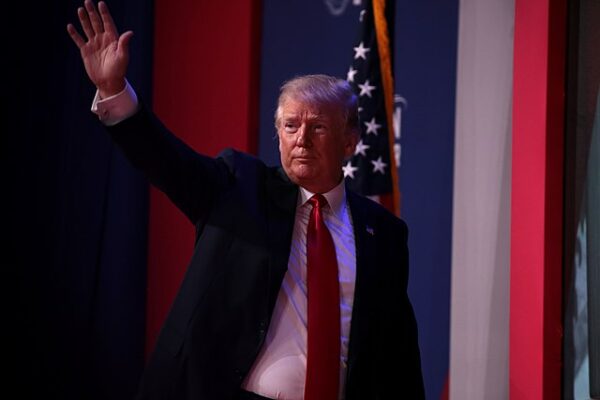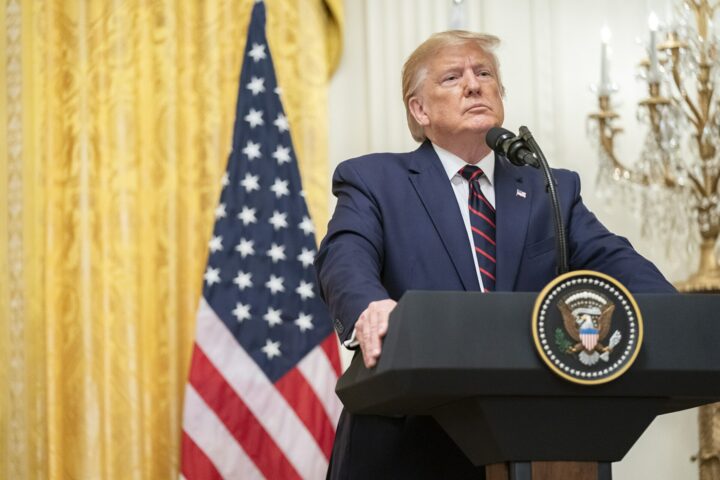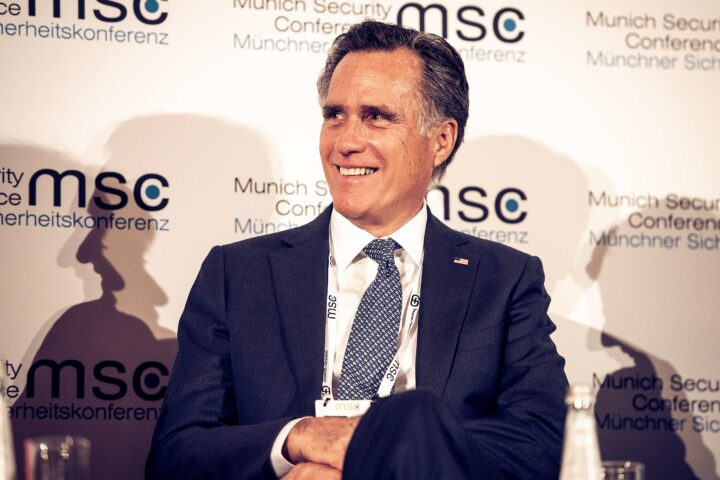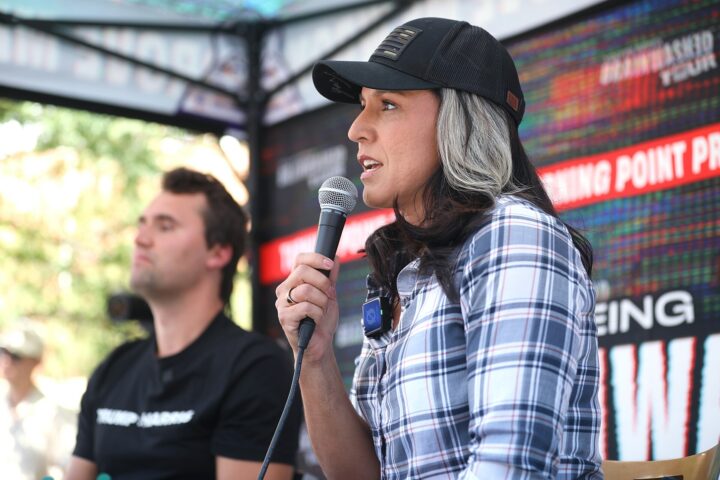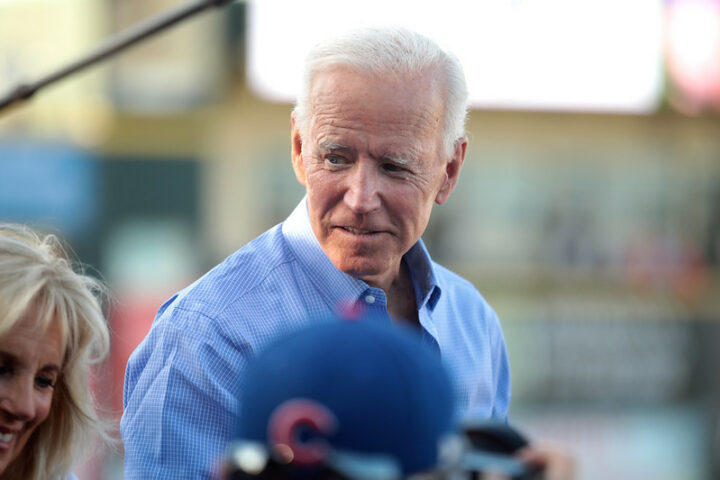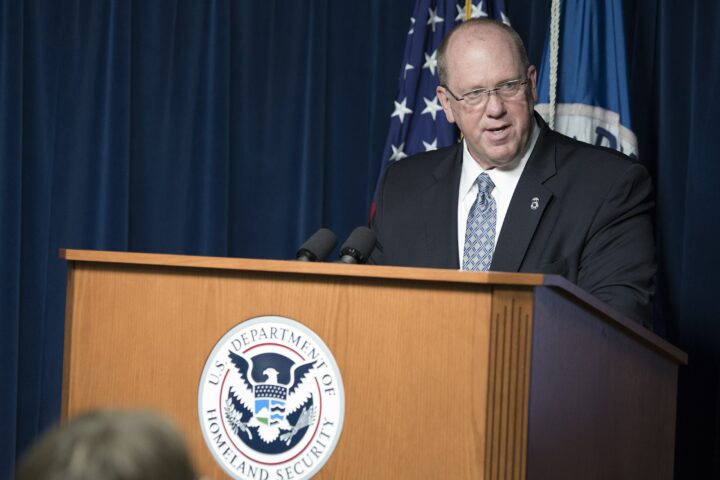It was a night that showed that Tim Walz is not ready to be president in the event of an emergency. During the only vice presidential against J.D. Vance, the Minnesota governor was asked about his strange fascination with China and why he lied about being in Hong Kong during the Tiananmen Square protests.
His answer showed a candidate who is unready for the bright lights of national leadership, writes The Daily Caller.
Despite earlier claims of being in the region during the pivotal events of spring 1989, credible reports from Minnesota Public Radio and other outlets have shown that Walz did not travel to Asia until several months later, as pointed out by the debate host. When confronted with the discrepancy by the host, Walz responded with a lengthy discourse on his background and various accomplishments.
“Well, and to the folks out there who didn’t get at the top of this, look, I grew up in small rural Nebraska, a town of 400, a town that you rode your bike with your buddies till the street lights come on, and I’m proud of that service,” Walz said when asked to explain the discrepancy on his claims. “I joined the National Guard at 17, worked on family farms, and then I used the GI Bill to become a teacher, passionate about it, a young teacher. My first year out, I got the opportunity in the summer of ’89 to travel to China.”
“I will be the first to tell you, I have poured my heart into my community, I’ve tried to do the best I can, but I’ve not been perfect, and I’m a knucklehead at times, but it’s always been about that,” Walz continued.
Walz then used the opportunity to critique former President Donald Trump’s policies toward China, suggesting that firsthand experiences like his own could have informed better diplomatic strategies.
Walz has shown a strange admiration for communist China throughout his life and last month, a former military colleague alleged that the Democrat passed military secrets to China while serving in the National Guard.
As governor of Minnesota, Tim Walz has highlighted his state’s connections to China. In February 2021, Walz sent a congratulatory letter for a language school’s Chinese New Year celebration, noting Minnesota’s history of hosting “numerous senior Chinese officials.”
This letter came just two weeks after the U.S. State Department declared that the Chinese Communist Party was committing genocide in Xinjiang. Walz, who supported human rights initiatives in China during his time in Congress, continued fostering diplomatic ties, meeting with Chinese Consul General Zhao Jian at the Minnesota State Capitol in March 2024 to discuss strengthening U.S.-China exchanges.

